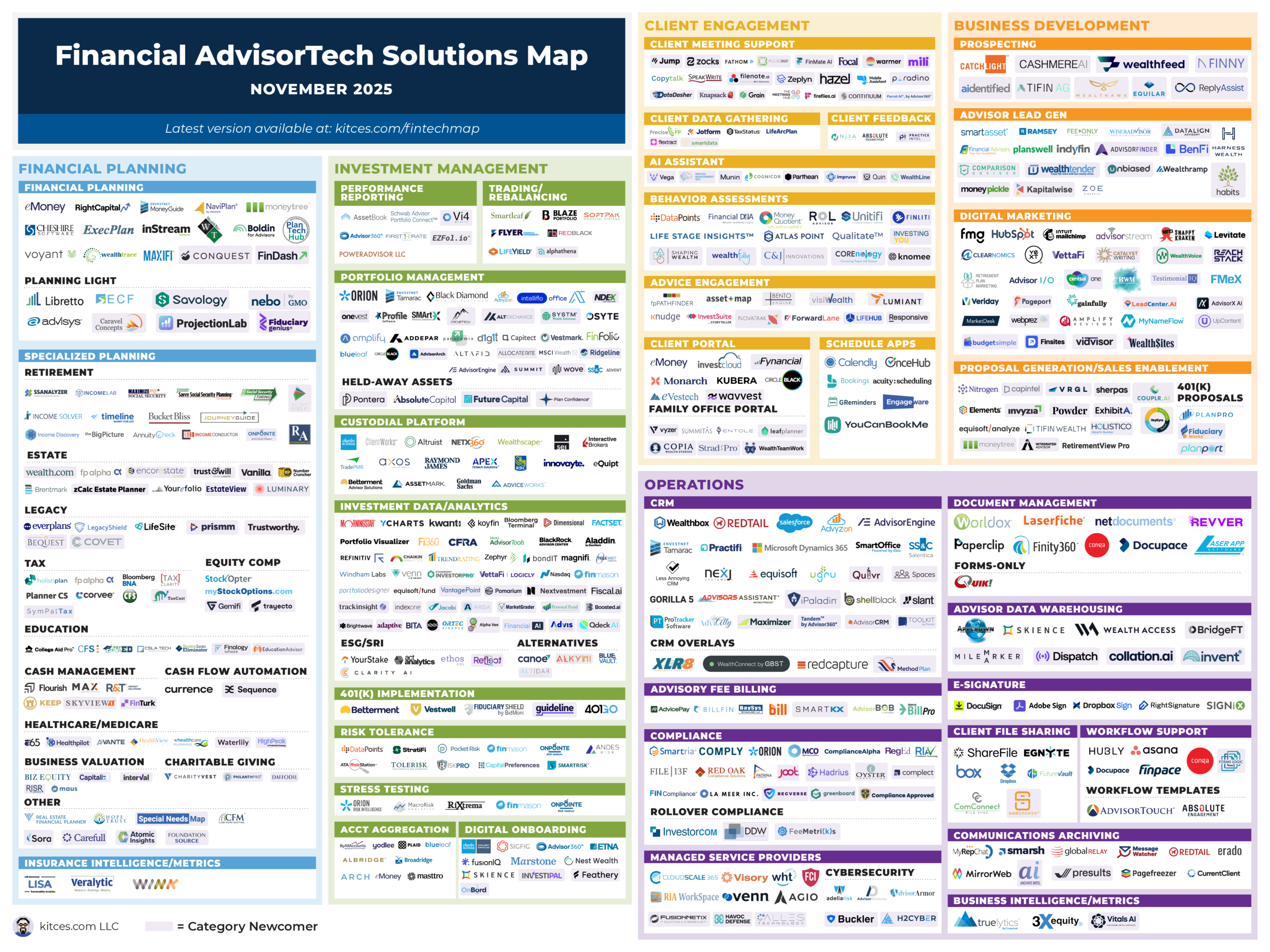A Book Review of Solving Social Dilemmas: Ethics, Politics, and Prosperity, by Richard D Congleton.
Economists like blackboards. Using chalk (or markers), they construct logically consistent abstractions of the world. They call them “models”. This invites derision from both academics and the general public. However, the abstractions are often tested against the real world to assess their relevance of the models. The bad ones (i.e., those that are irrelevant) are thrown out.
In Solving Social Dilemmas, Roger Congleton flips this perspective by asking how real-world individuals, through trial, error, and adaptation, generate rules and norms that sustain cooperation—and how these emergent solutions are later captured by economists in abstract form.
To illustrate this flip, consider a small collectivity at the beginning of a long-time scale. Because some members of the collectivity can always act opportunistically, cooperation is hard to sustain (and one can think cooperation is analogous to exchange and trade) so rules must be developed to govern behavior.
Sometimes, the discipline of continuous dealings (i.e., losing the stream of benefits from future cooperation because of immediate opportunism) is sufficient. Sometimes, the development of norms and reputations acts as a complement to that discipline. These norms and mores become internalized and reinforced as they generate benefits from sustained cooperation. Then, they are transmitted via socialization.
“Norms,” “mores,” “rules,” and other terms more familiar to anthropologists fall broadly into what economists loosely call “institutions” or “governance.” (This category also includes government legislation.) In everyday language, people tend to describe the behavior generated by adherence to these institutions simply as “ethical behavior.”
If the relevant collectivity grows to the size of a village, the dilemma of cooperation remains, but it changes in form. More people means that the effectiveness of past solutions may decline. Therefore, the norms must be adapted. Tinkering with the existing rules is one way. Introducing new rules may be necessary. This means a long process of trial and error.
If the collectivity grows from a village to a city, the problems change again. The tinkering continues and the innovation must continue as well. This is unavoidable, since each round of growth of the collectivity is made possible by having successfully dealt with the problems of sustaining cooperation in the prior round. Each round generates new problems for sustaining cooperation that must be answered for growth to continue.
“In other words, ethics build markets, markets reinforce the very ethos that sustains them, and together they generate the prosperity that allows both to flourish.”
This is why Congleton can write “communities with an ethos that tends to support market transactions, team production, specialization, innovation and public policies that do not impede economic development benefit from more extensive and productive commercial networks” (p. 23). In other words, ethics build markets, markets reinforce the very ethos that sustains them, and together they generate the prosperity that allows both to flourish.
This is the simplest summary that can be made of Congleton’s Solving Social Dilemmas. And it is a powerful way of expressing more formally the nature of economic development and the process that individuals follow (and understand intuitively) to produce “governance” in their daily lives. Economists can gain from reading this book because it offers ways to conceptualize questions about the evolution of institutions. Economic historians can gain from it a possible way to resolve certain questions regarding divergence between nations. Development economists can use it to understand how “big plans” imposed from above may destroy existing intricate systems of governance in ways that even the most rationally devised plan enacted by the most angelic planner could still make things worse.
Even this high praise fails to do justice to the book. For example, the entirety of chapters 4 and 5 can form the basis of advanced undergraduate classes in economic history, economic development, economic philosophy, the history of economic thought and political economy. If expanded, in ways that some of the appendices provided by Congleton allow, they could form entire sections of core courses for graduate students in economics. They could also be easily adapted as a way to bridge conversations with historians and sociologists.
Chapter 6 of the book provides a simple exposition, accessible to all, about customary law as “market-based law”. Liberty Fund followers are aware of these arguments, but their full exposition often comes in long treatises such as Theodore Plucknett’s Concise History of The Common Law(a misleading title—the book spans 828 pages) or Arthur Hogue’s Origins of the Common Law, and (more modern) John Hasnas’s Common Law Liberalism. But this chapter in Congleton boils down the entire literature in a digestible way. More importantly, Congleton expresses these ideas in terms that would attract people to the argument. Most notably, it is accessible to economists, who sometimes struggle to connect legal concepts to economic concepts.
The understanding that emerges is that customary law has flexibility, offers more room for a smoother tinkering process with new rules as societies change (notably as in my example of changing size), and is cheaper to enforce because of the “customary” part.
Finally, Part III of the book could easily form the core of a course in a Politics, Philosophy, and Economics (PPE) curriculum. It connects the economics discussed above with history and philosophy, providing insight into why the successful tinkering and innovation process in the “governance” of social dilemmas has been effective in sustaining cooperation.
For more on these topics, see
Some may be tempted to dismiss Congleton’s book based on the perception that he is claiming prosperous societies are simply more ethical, while poorer societies are composed of less ethical people. That would be a mistake, since this isn’t what he argues. Instead, Congleton argues that certain ethical systems—discovered through trial and error, innovation, and repeated experimentation—are simply better suited to solving cooperation problems and sustaining markets. He summarizes this best himself: “some ethical systems ameliorate or solve a broader array of dilemmas than others” and “some internalized systems of ethical and normative rules provide more support for commerce than others” (p. 430).
In this, Congleton echoes Adam Smith’s belief that prosperity is not the product of men’s personal virtue, but of the rules that govern their behavior. That is, in short, the single sentence on which Congleton builds one of the finest works I have read in years.
Footnotes
[1] Richard D. Congleton, Solving Social Dilemmas: Ethics, Politics, and Prosperity. Oxford University Press, 2022.
[2] Theodore F. T. Plucknett, A Concise History of the Common Law. Liberty Fund, 2010.
[3] Arthur R. Hogue, Origins of the Common Law. Liberty Fund, 1986.
[4] John Hasnas, Common Law Liberalism: A New Theory of the Libertarian Society. Oxford University Press, 2024.
[5] William Easterly, 2021. Progress by consent: Adam Smith as development economist. Rev Austrian Econ 34, 179–201. https://doi.org/10.1007/s11138-019-00478-5
























